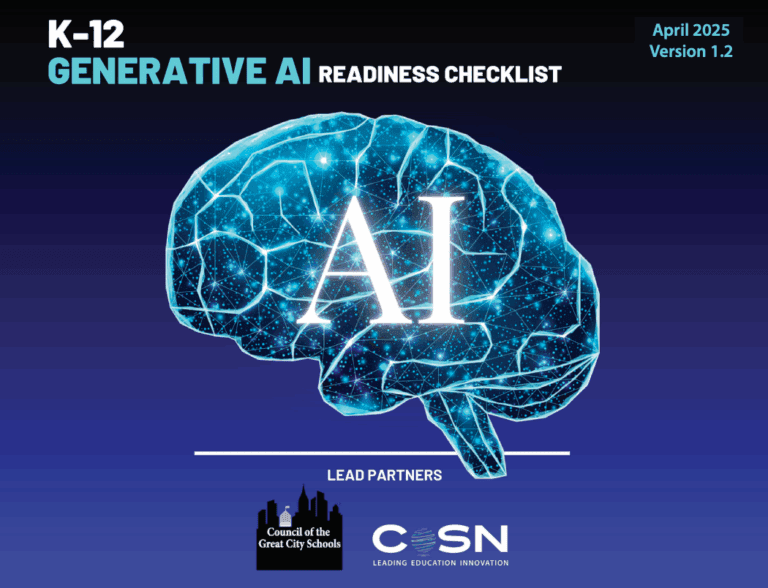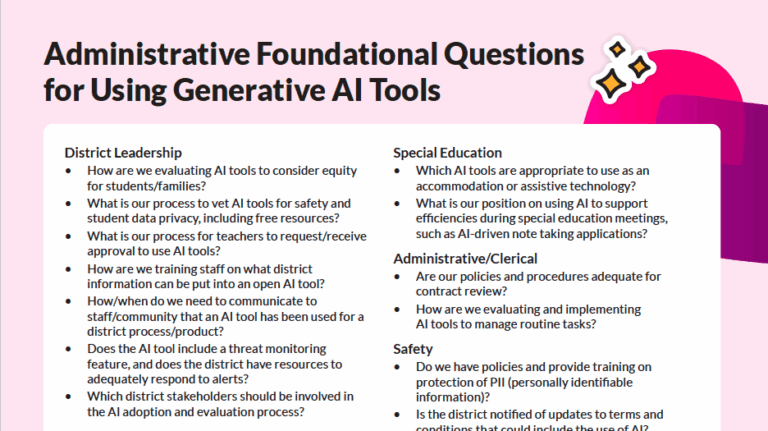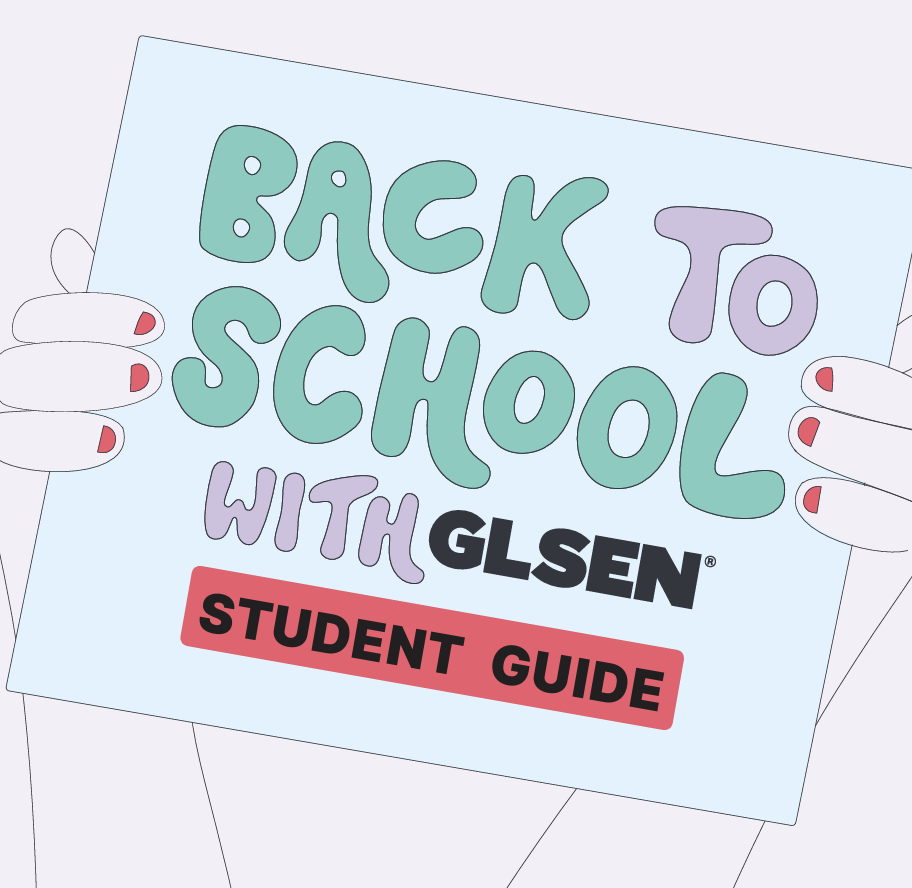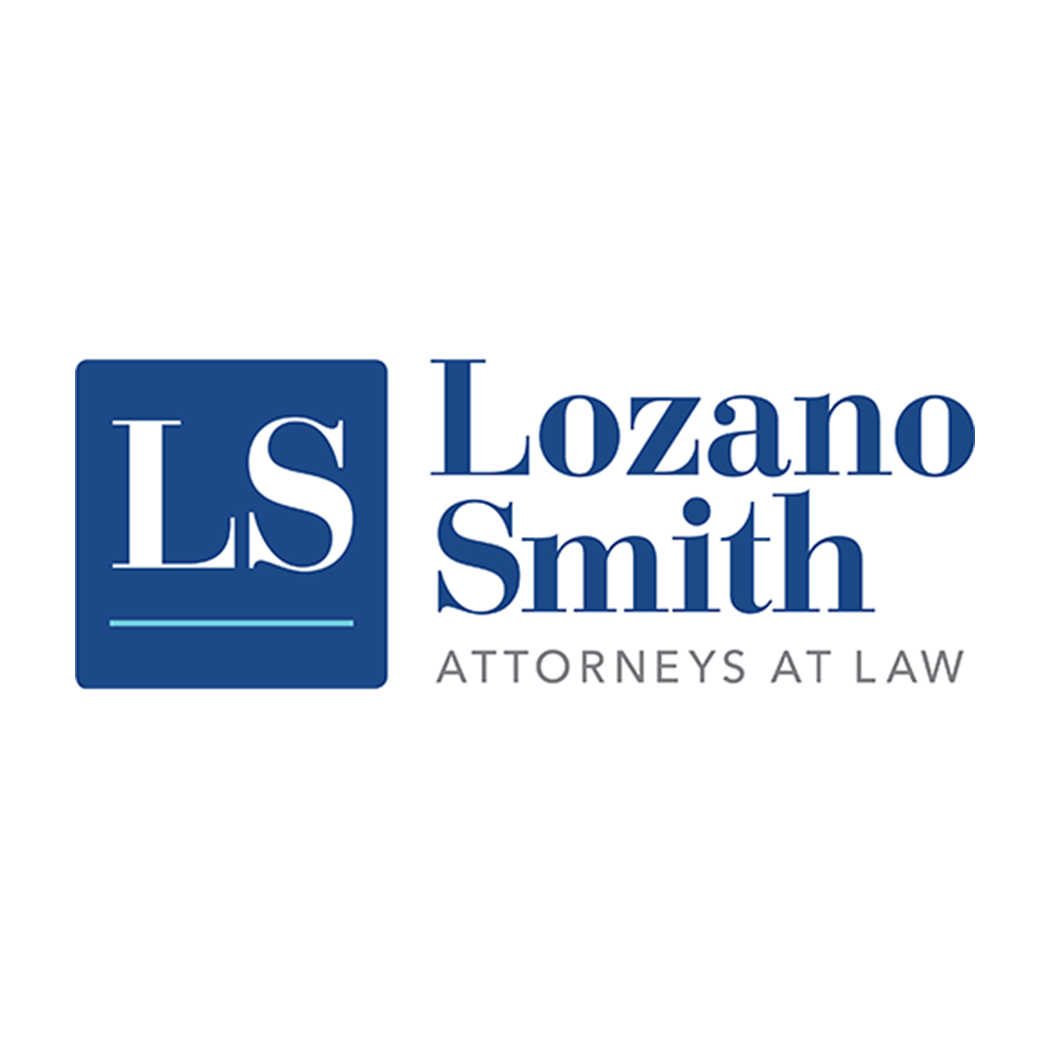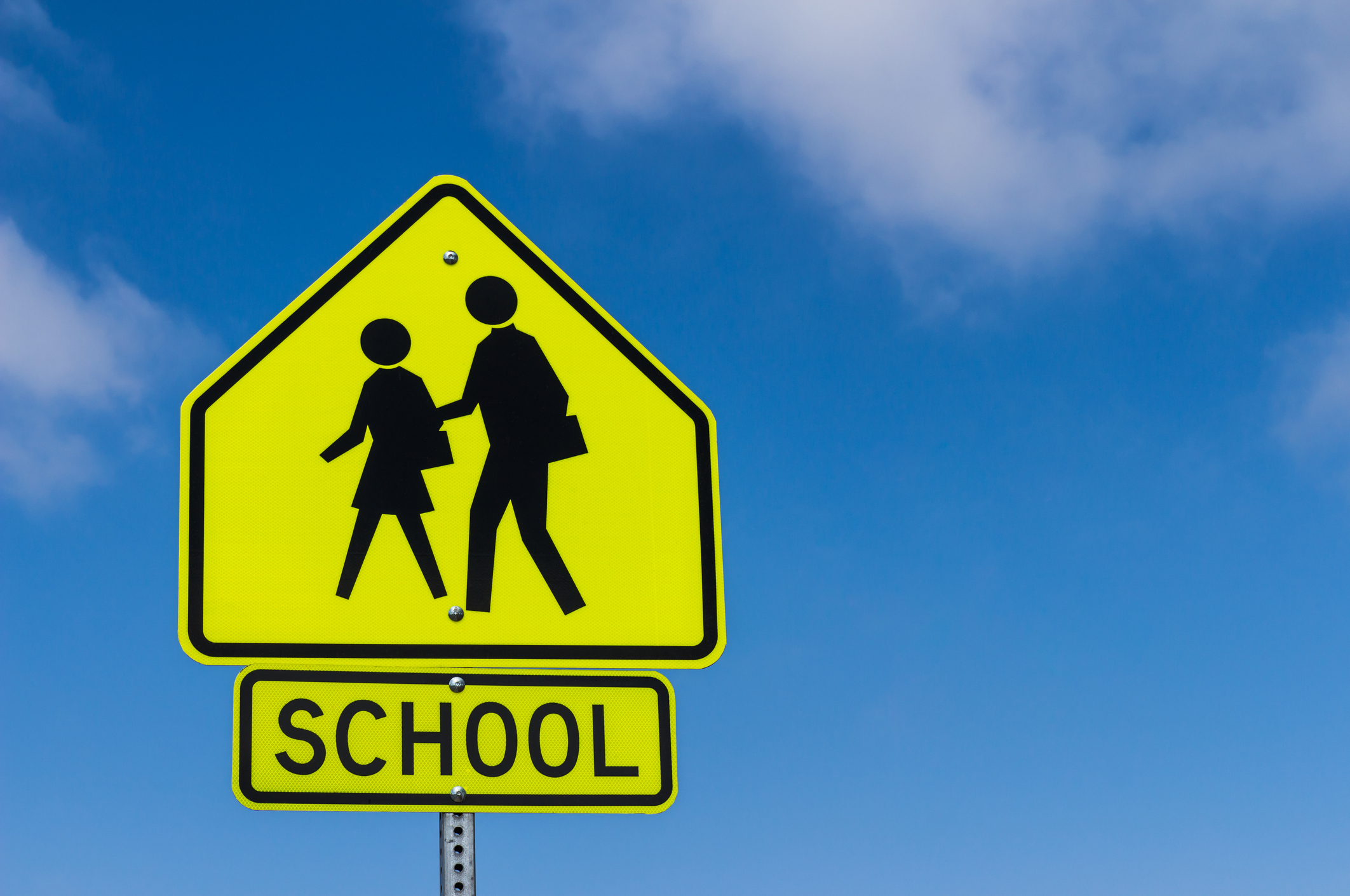This resource is provided by ACSA Partner4Purpose Lozano Smith.
On October 7, 2023, Governor Newsom signed Senate Bill (SB) 88, which takes effect on July 1, 2025, and sets minimum health, safety, and oversight standards for drivers employed or contracted by school districts who transport students for any school-related transportation. Like many new laws, SB 88 poses many uncertainties and practical challenges for local educational agencies (LEAs) across the state in the effort of ensuring safe and reliable transportation for students.
Overview of SB 88 Requirements
SB 88 expands existing requirements to include all paid drivers involved in student transportation, significantly broadening the scope beyond traditional school bus drivers. Unless an applicable exception applies, its requirements apply to all school-related student transportation to or from a school campus, including home-to-school transportation, field trips, after school, preschool, and childcare-related programs, athletics, and other extracurricular programs. These requirements apply to both private transportation companies contracted by the LEA and certificated and classified employees who transport students.
Driver Requirements
Drivers who provide transportation services in a vehicle with a maximum capacity of 10 or fewer, including the driver, must meet the following eligibility criteria:
- Pass a criminal background check, tuberculosis screening, and drug and alcohol testing.
- Complete a medical examination within the past two years.
- Be at least 18 years old, hold a valid California driver’s license, and maintain a clean driving record.
- Complete initial and ongoing training in first aid, safe driving practices, and emergency evacuation procedures.
- Drivers may not drive more than 10 hours or remain on duty beyond 16 hours without first taking at least eight consecutive hours off.
Although drug and alcohol testing is required, SB 88 expressly recognizes that testing for cannabis must be consistent with Government Code section 12954, which in general prohibits an employer from discriminating against employees who use cannabis off the job and away from the workplace.
In addition to all the requirements set forth above, drivers who provide transportation services for more than 10 passengers, including the driver, must hold a valid California Commercial driver’s license for the appropriate class of vehicle, endorsed for passenger transportation.
Vehicle Requirements
Vehicles used for compensated student transportation must meet specific safety requirements that vary based on the type of vehicle and the operator.
All such vehicles, whether operated publicly by an LEA or private provider, must be equipped with a fire extinguisher and a first aid kit. Additionally, for vehicles with a maximum capacity of eight or more persons, excluding the driver, only street-legal coupes, sedans, or light-duty vehicles, including vans, minivans, sport utility vehicles, and pickup trucks, shall be used.
For vehicles operated by a private transportation provider, the following are required:
- An inspection at least every 12 months or every 50,000 miles—whichever comes first—at a facility licensed by the Bureau of Automotive Repair (BAR).
- A written attestation of compliance from the provider at the time of contracting.
- The provider is responsible for compliance, but the LEA must verify and document that compliance.
In contrast, for vehicles operated directly by LEAs (including through a Joint Powers Authority or regional occupational program), the following applies:
- School buses operated by LEAs are exempt from the BAR inspection requirement because they are already inspected under a separate statutory program.
- All other vehicles used by LEAs must still be inspected at a BAR-licensed facility.
- LEAs may not use their own maintenance departments to satisfy the BAR requirement for non-school bus vehicles.
- The LEA is responsible for compliance.
Exceptions to SB 88 Implementation
While SB 88 introduces new safety requirements for compensated student transportation, there are several exceptions. Some notable exceptions include:
- School employees who drive fewer than 40 hours total per school year. This exception applies to staff who transport students for school-related activities (e.g., field trips or sports) if their total driving time remains under 40 hours during the school year. LEAs should be cautious about relying on this exception, as it only applies when the conditions below are met. Drivers who exceed 40 hours will be subject to SB 88’s driver qualifications and vehicle requirements. To utilize this exception, the district must:
a. Demonstrate that it made a reasonable effort to secure a driver who meets the SB 88 requirements; and
b. Notify the parent or legal guardian of the student that the district was unable to secure a driver who met the SB 88 requirements, unless doing so would jeopardize the student’s privacy rights. - Transportation contracts that were in effect prior to July 1, 2025. However, at the expiration of these contracts, any renewal must abide by the SB 88 requirements.
- Unpaid volunteer drivers. This includes parent volunteers driving their own or other students, who are not employed by the LEA.
- Emergency or safety-related transportation. SB 88 excludes situations where students are transported due to emergencies or imminent threats to their health or safety.
Takeaways
LEAs should consult legal counsel to understand the full impact of SB 88 on their current practices for transporting students to ensure compliance with new contractual, training, and safety obligations, as this bill is already triggering some open legal questions regarding how the changes fit together with other existing legal requirements.
It presently remains unknown what penalties or enforcement actions will be taken to ensure compliance with SB 88’s requirements. With that said, noncompliance opens an LEA to significant liability for injuries to students if they are transported by non-compliant drivers or in non-compliant vehicles. LEAs should work closely with their risk management team and legal counsel to avoid these risks. SB 88 also raises significant personnel questions that may require consultation with bargaining units.
If you have any questions about SB 88 or school-related student transportation in general, please contact an attorney at one of Lozano Smith’s eight offices located statewide.






















